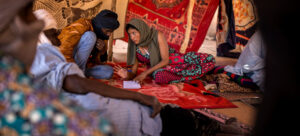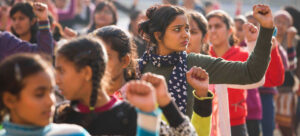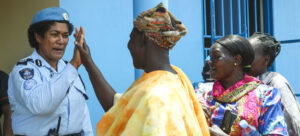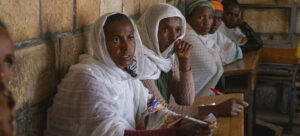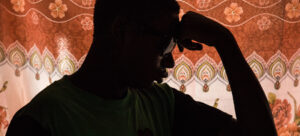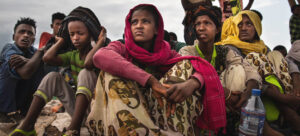The estimate is based on losses caused by the pandemic’s direct impact on tourism and the ripple effect on related sectors, and is worse than previously expected.
Last July, UNCTAD estimated that the standstill in international tourism would cost the global economy between $1.2 trillion and $3.3 trillion.
The steep drop in tourist arrivals worldwide in 2020 resulted in a $2.4 trillion economic hit, the report said, and a similar figure is expected this year depending on the uptake in COVID-19 vaccines.
Global vaccination plan crucial
“The world needs a global vaccination effort that will protect workers, mitigate adverse social effects and make strategic decisions regarding tourism, taking potential structural changes into account,” said Isabelle Durant, the UNCTAD Acting Secretary-General.
“Tourism is a lifeline for millions, and advancing vaccination to protect communities and support tourism’s safe restart is critical to the recovery of jobs and generation of much-needed resources, especially in developing countries, many of which are highly dependent on international tourism,” the UNWTO Secretary-General Zurab Pololikashvili added.
Developing countries hit hard
International tourist arrivals declined by about 1 billion, or 73 per cent, last year, while in the first quarter of 2021 the drop was around 88 per cent, the report said.
Developing countries have borne the brunt of the pandemic’s impact on tourism, with estimated reductions in arrivals of between 60 per cent and 80 per cent.
They have also been hurt by vaccine inequity. The agencies said the “asymmetric roll-out” of COVID-19 vaccines has magnified the economic blow to the tourism sector in these nations, as they could account for up to 60 per cent of global GDP losses.
Rebound amid losses
It is expected that tourism will recover faster in countries with high vaccination rates, such as France, Germany, the United Kingdom and the United States.
However, international tourist arrivals will not return to pre-pandemic levels until 2023 or later, due to barriers such as travel restrictions, slow containment of the virus, low traveller confidence and a poor economic environment.
While a tourism rebound is anticipated in the second half of this year, the report expects a loss of between $1.7 trillion and $2.4 trillion in 2021, based on simulations which exclude stimulation programmes and similar policies.
Likely outcomes
The authors outline three possible scenarios for the tourism sector this year, with the most pessimistic reflecting a 75 per cent reduction in international arrivals.
This scenario sees a drop in global tourist receipts of nearly $950 billion, which would cause a loss in real GDP of $2.4 trillion, while the second reflects a 63 per cent reduction in international tourist arrivals.
The third considers varying rates of domestic and regional tourism. It assumes a 75 per cent reduction in tourism in countries where vaccine rates are low, and 37 per cent reduction in countries with relatively high vaccination levels, mainly developed countries and some smaller economies.

